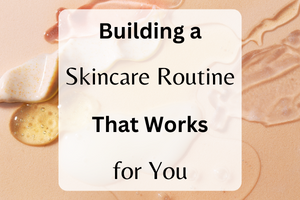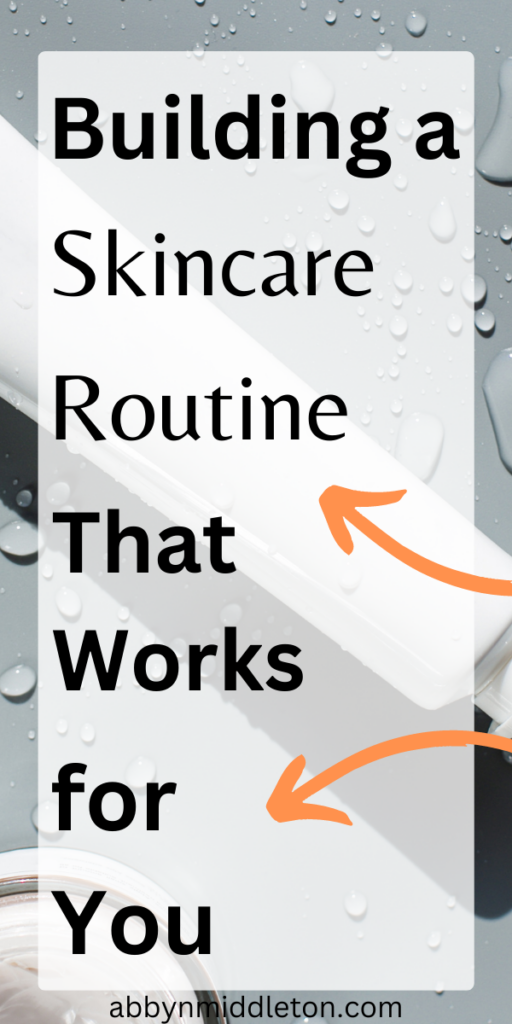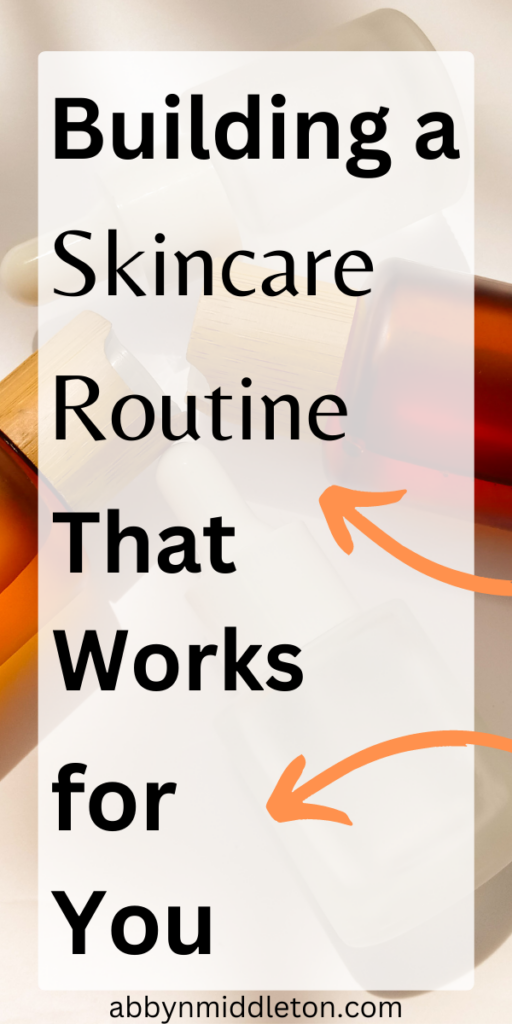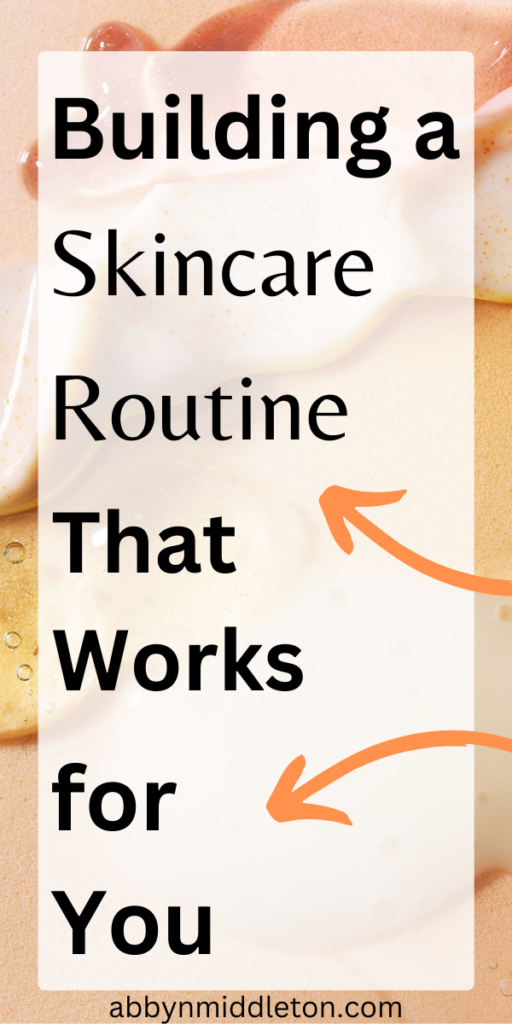Building a Skincare Routine That Works for You
Having a good skincare routine is essential for maintaining healthy, radiant skin. But with so many products on the market, it can be overwhelming to know where to start. In this ultimate guide, we’ll take you through the steps to Building a Skincare Routine That Works for You, tailored to your specific skin type and concerns.

Step 1: Identify Your Skin Type and Concerns The first step to building a skincare routine that works for you is to identify your skin type and concerns. This will help you choose the right products and ingredients for your skin. There are five main skin types: normal, oily, dry, combination, and sensitive. You’ll also want to identify any specific concerns you have, such as acne, fine lines, or dark spots.
Step 2: Cleanse Cleansing is an essential step in any skincare routine. It helps to remove dirt, oil, and makeup, leaving your skin clean and fresh. Choose a gentle cleanser that’s appropriate for your skin type. If you have oily skin, look for a foaming cleanser to help control oil. If you have dry skin, choose a creamy cleanser to add moisture.
Step 3: Tone Toning helps to balance the pH of your skin and prepare it for the next steps in your skincare routine. Look for a toner that’s alcohol-free and contains soothing ingredients like chamomile or aloe vera.
Step 4: Treat This is where you can target specific concerns with treatment products. For example, if you have acne-prone skin, look for a product that contains salicylic acid to unclog pores. If you’re concerned about fine lines, look for a product that contains retinol to help boost collagen production.
Step 5: Moisturize Moisturizing is important for all skin types, even if you have oily skin. Look for a moisturizer that’s appropriate for your skin type and contains ingredients like hyaluronic acid to help hydrate and plump the skin.
Step 6: Protect The final step in your skincare routine is to protect your skin from the sun. Look for a broad-spectrum sunscreen with an SPF of at least 30, and apply it every day.
Building a Skincare Routine That Works for You is all about understanding your skin type and concerns, and choosing the right products and ingredients. By following these steps, you can create a customized routine that will help you achieve healthy, radiant skin.
Thank you so much for reading: “Building a Skincare Routine That Works for You.” New to: abbynmiddleton.com? I post weekly blog posts on health, beauty, and lifestyle! If you liked this post, you might also like my blog post on: “DIY Lip Scrub for Chapped Lips.” For more reading on: “Building a Skincare Routine That Works for You,” check out this blog post here!


